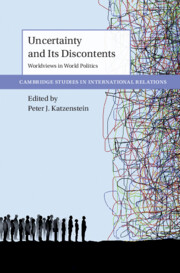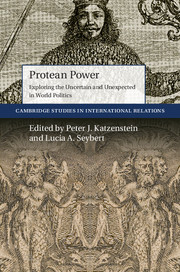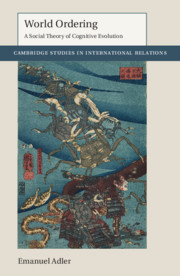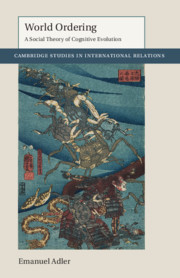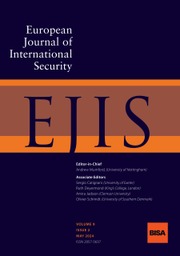Entanglements in World Politics
In this seminal study, Peter J. Katzenstein drags the analysis of world politics from the Newtonian humanism of the nineteenth century into a new post-Newtonianism of the twenty-first. The key concept is entanglement. By examining differences in context, process, and language, Katzenstein specifies how risk and uncertainty intertwine. Three deeply researched case studies – finance and political economy, nuclear crisis politics and war, and global warming and AI – support his original arguments. A chapter on power further illustrates the risk-uncertainty conundrum. Entanglements in World Politics calls for humility and eclectic pragmatism, emphasizing the unity of knowledge of the natural and humanistic sciences and the complementarities of science and religion. Katzenstein's engaging writing and innovative approach make this a must-read for anyone interested in the complexities of global politics. This book is also available as Open Access on Cambridge Core.
- Highlights the importance of uncertainty by showing how worldviews inform theories, models, and methods, clarifying the role of pre-theory and tacit knowledge in political analysis
- Demonstrates the failures of predictive accuracy through three extensive case studies of finance, nuclear war, and global warming/AI to illustrate how uncertainty is enmeshed with risk
- Focuses on entangling relations by extending the book's arguments to power analysis, the interplay between natural sciences and humanities, and advocating for a pragmatist and eclectic stance
- This book is also available as Open Access on Cambridge Core
Product details
December 2025Hardback
9781009675802
465 pages
229 × 152 mm
Not yet published - available from December 2025
Table of Contents
- Introduction: 'an imaginary knowledge of the perfect truth' meets the risk-uncertainty conundrum
- 1. Worldviews and small and large worlds
- 2. Small and large worlds, post-Newtonianism and para-humanism
- 3. Theories, models and methods
- 4. Risk and uncertainty in finance
- 5. The missiles of 1962
- 6. Global warming and artificial intelligence
- 7. Control and protean power in small and large worlds
- Conclusion: re-sizing worlds.


